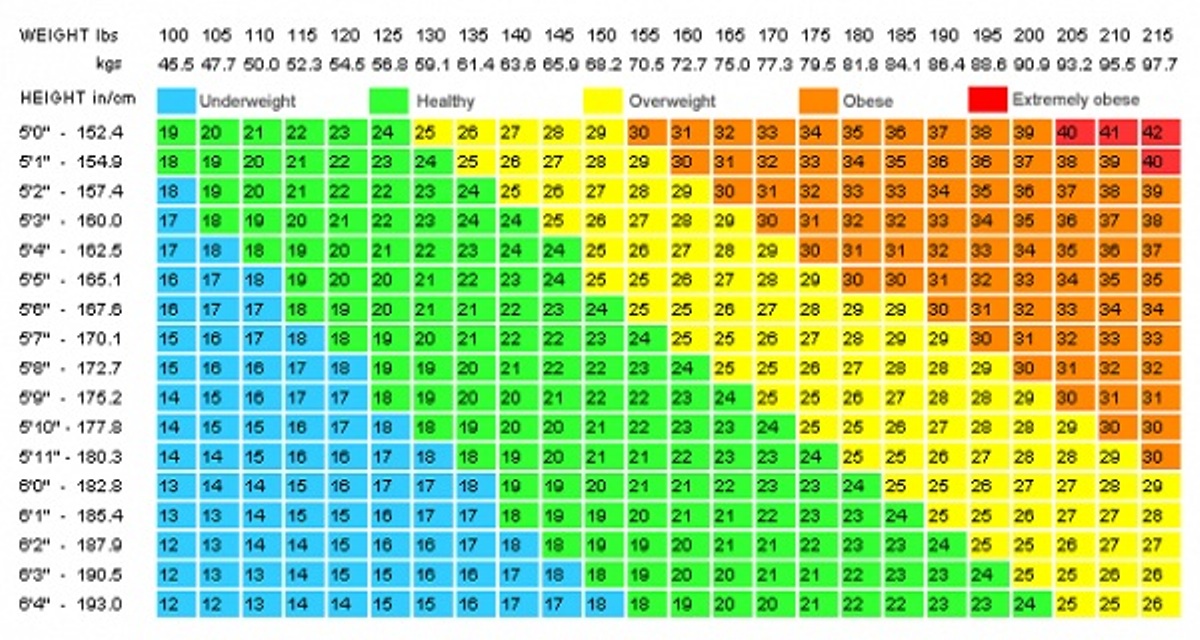Every once in a while, when you’re doing something totally unrelated, you get a brainstorm from a random thought that seems to casually float into your mind. Mine came last week while I was reading a short story by John Grisham. I mention this fact about the reading and the author only to make a point that the story had absolutely nothing to do with the random thought that popped into my head.
Sitting there on my couch, reading about a small town lawyer, the thought that arose unbidden to my mind was that I have been dieting all my life. This had nothing to do with any of Grisham’s characters or the story itself and truthfully I do not know why it happened but it did. Dieting all my life, seriously, and for other people.
Later that day I decided to explore the veracity of this revelation. It was true; I had been dieting throughout all my teen and adult life. My weight, it seemed was never what other people thought it should be. I was always ten to fifteen pounds off the so-called weight chart.
Taking a time-travel journey via pictures on a computer album, the now-adult me could see that I was nowhere near fat or obese, but still the fact remained that I was always in a constant state of denying myself some common eating pleasure. It seemed that I was making amends to the world for having the audacity to have curves. The tennis player who aced games in both high school and college had always been trying to drop a few to please someone other than myself.
I’m not a people-pleaser by nature but trying to please others about my weight began my freshman year in high school. My female coach bemoaned the fact that I had to wear an expensive sports bra to hold my 36 Cs in place when running and bluntly told me that if I only lost about ten pounds I wouldn’t have this “problem.” She was only one of many who seemed fixated on my weight.
A ballet teacher told me that female dancers should have a long, lithe, waif-like body and no full curves. One of my classmates told me how she achieved the desired look our instructor praised so much and tried to introduce me to the eat and purge routine she strictly followed. I refused to do that but did limit my caloric intake drastically for about six months until I was so light-headed I began to stumble when I walked. These “counselors” were followed by the ob-gyn I started seeing when I was nineteen and in college who told me that if I ever wanted children I should reduce the weight.
“Heavier women,” he solemnly said, “have a difficult time getting pregnant.”
I was 5’5″ and weighed 138. (FYI – a friend who weighs in at 182 and is 5’3″ has two children and had no problem conceiving either time).
And then of course there were, and are, friends. As a group we seem to be always into the newest diet making the rounds. I am in a size 10—why did I think I needed to be in a 6? (Forget the 0; that, thankfully was never a goal for this writer).
At work, with friends, there’s always someone who is dieting and it is sad. Somehow we feel we have to compete with them or they might look askance at our weight. The countless hours I spent on weight-loss remedies could have been better spent doing something more profitable.
Society, (the curvy Sophia Vergara, Kate Winslett, Amy Schumer, and Kate Upton notwithstanding), doesn’t make it easy for any woman who cannot get herself into a size two and under. Our bodies have been starved, exercised to exhaustion, drugged, purged, and constantly self-criticized for not being the right weight.
The saddest part is that we’ve done this to ourselves. We’ve allowed ourselves to be brainwashed with what is supposed to be the correct weight. These are our bodies—why do we listen to the ‘wisdom’ of others? Putting aside true obesity, what is the correct weight? Yes, I know it’s supposed to be a combo of your height, bone structure, and BMI, but that doesn’t always hold true. The same weight looks different on every individual. A weight that makes one person look fuller may not have the same look on someone else. We are, after all, individuals and should appreciate who we are but somehow we don’t. We find fault with who we are.
And what happens if an assigned weight number from a doctor or, one of the countless weight-loss organizations that abound worldwide, is one that your body just can’t hold? Isn’t it better to be at a weight where you feel good, are able to be active, and can eat normally?
The idea that we should all have a cookie-cutter figure has been around for way too long and we have been programmed to criticize our own bodies if we don’t fit. I am still trying to understand the reason for my lifelong dieting obsession but truthfully, simply knowing that I had dieted all my life was a wake-up call for me. I am done with dieting to lose those few pounds and have begun to have a healthy relationship with myself.
No one has the right to say what is good for you no matter how well-meaning they may be. Even doctors need to weigh all the facts concerning a person’s health before a judgment is made to blame weight.
The next time someone suggests that you might want to ‘drop a little’, tell them you’re healthy, active, and happy and like the way you look. After all, whose weight, (and life), is it anyway?


